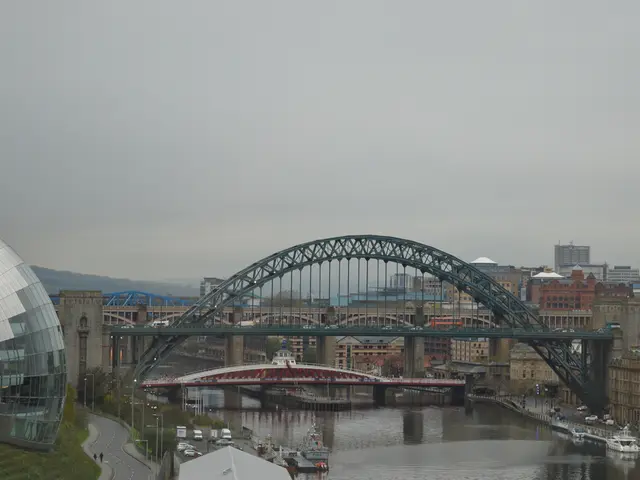Australia's Climate Policy Shift: From Laggard to 'Renewable Energy Superpower'
Australia, once known as a 'climate change laggard', has seen a shift in its climate policies following the election of a center-left government in 2022. The new administration, led by Prime Minister Anthony Albanese, has set ambitious targets to reduce greenhouse gas emissions and position the country as a 'Renewable Energy Superpower'. However, the delay in action has led to a 'brain drain' of climate scientists and renewable energy experts, causing a shortage of skilled workers.
The Australian Labor government wasted no time in addressing the climate crisis. Within months of taking office, it passed the Climate Change Act, aiming to cut emissions by 43% by 2030 and reach net zero by 2050. This marked a significant turnaround from the previous decade, during which Australia earned a reputation for inaction on climate change. The new government's plans include generating 82% of electricity from renewable sources by 2030.
However, the delay in climate action has taken a toll. A study published in the Australian Journal of Political Science highlights the economic, environmental, and social costs of the previous government's inaction. The 'brain drain' of climate scientists and renewable energy experts has exacerbated the shortage of skilled workers needed to achieve the ambitious targets. Despite these challenges, Australia is currently on a 'dual track', expanding green energy while maintaining fossil fuel exports. The government has also unveiled a 'Future Gas Strategy', planning to supply global gas markets beyond 2050.
Australia's climate policy transformation is underway, with the government aiming to reduce emissions and increase renewable energy generation. However, the delay in action has left the country playing catch-up, with a shortage of skilled workers and missed opportunities to shape the global market for critical minerals. The new government's ambitious targets and plans indicate a commitment to tackling climate change, but the road to recovery will require significant effort and investment.








